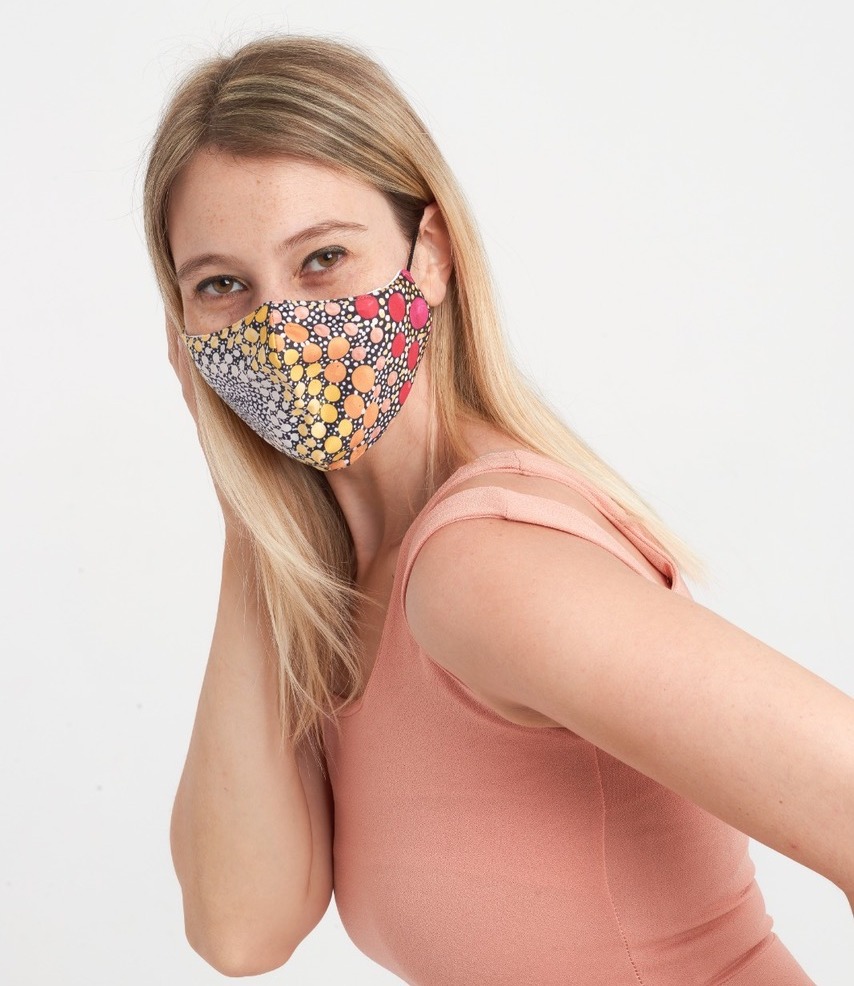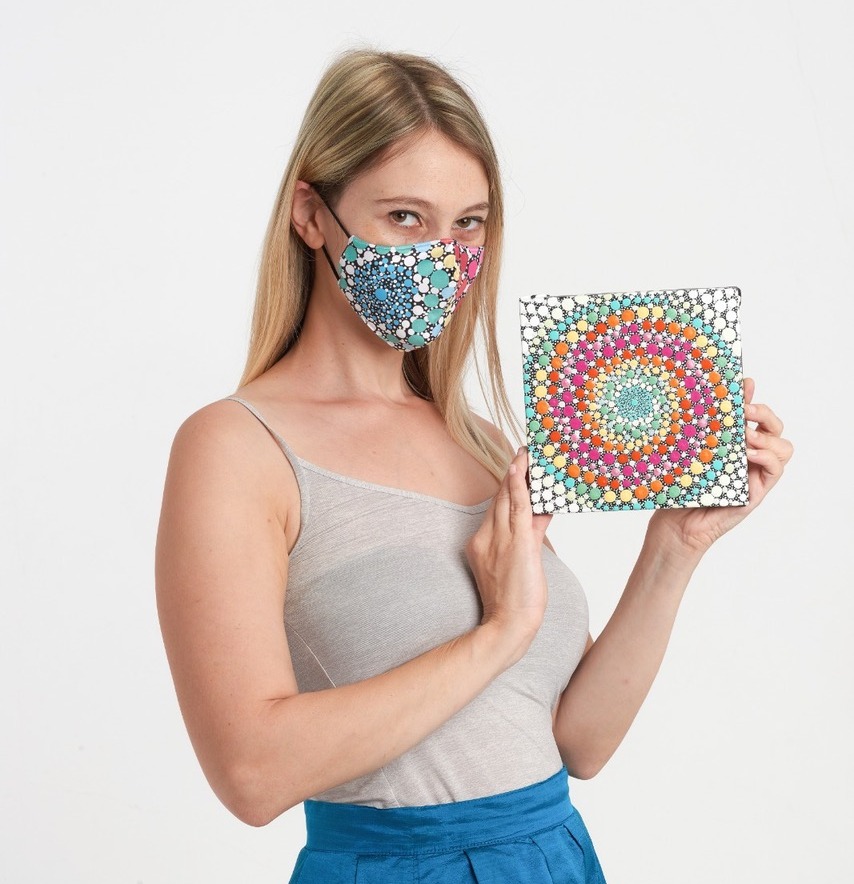
Will online strategy save your business? It seems to be the question on everyone’s lips these days. There’s no doubt that lockdown has hit small business hard during the Coronavirus Pandemic. A lot of the everyday commerce we know and love is operated in the physical world.
Going to a restaurant, working out at a gym, visiting a favorite shop or going on a holiday. Mingling with people, venturing out, exploring and spending money has been the way of our world. While Thailand has been relatively successful in stemming a major tide of Covid-19 infections, the economic impact could be long lasting.

According to Krungthai Research it’s estimated that 33 percent of the workforce has experienced a pay cut or lost their job.
11 percent of small businesses are at risk of closing permanently.
But in contrast, around the world, e-commerce has flourished.
E-commerce sales are forecasted to have increased 32.4% in 2020 with brick-and-mortar forecasted to fall 3.2%. Amazon alone saw 39.1% year-over-year sales growth in 2020 (Source: eMarketer)
Many individuals, those that have the know-how, have taken the initiative and moved their businesses online.
Others have been busy creating entirely new websites to sell their own goods and services directly.
Shopify, which offers prebuilt websites to sell products online, said it had a 53 percent increase in people creating new online stores in April 2020 compared to March the same year. (Source: Wall Street Journal)
“What we’re seeing now is not an anomaly. It is the blueprint for the future of retail,” said Shopify president Harley Finkelstein in a recent interview with BNN Bloomberg.
Finkelstein says that the pandemic has accelerated a change in retail that he actually expected to happen, and that e-commerce growth will continue long after a vaccine for COVID-19 is found.
The problem for many new online businesses isn’t the availability of tech, its understanding how to use tech tools to grow and maintain an online revenue.
Tech companies like Hashtagsforlikes.co are offering more and more tools for small businesses.
“Many people understand the basics of posting pictures and information on their Instagram and other social media, and many are great at their actual business,” says Hashtagsforlikes founder Max Kimberly-Thompson.
“But they don’t know how to engage, how to track their success and how to use tools like hashtags to get more attention for their business”.
Tech tools are seeing a massive growth in subscribers as more and more people try to find new ways to earn a living online.
Hashtagsforlikes.co has had 9 million visitors to its site in the last year alone and a considerable jump in revenues, thanks to tie-ups with other tech sales platforms like Appsumo.
What type of businesses are succeeding? From clothing to cosmetics, from movies to masks, online sales have skyrocketed in the past year.
Bangkok based New York artist Amy Diener is well established as a painter of mandalas. While already using online marketing to sell her art she has also diversified into fashion mask production.
“It’s one thing to be creative” says Amy Diener. “It’s another thing to creatively gain a new market. Using platforms like Instagram and understanding the use of hashtags has helped me maintain an income and grow more interest in my art by adding it onto my masks and selling online. I have a rotating list of hashtags that work for me and then I customize as needed. Likewise, I engage in online groups to share knowledge.”
“I also work with other partners who have a digital marketplace so it’s about diversifying my reach and my revenue as much as possible. For the most part I have being going at it alone, so social media has been a really important platform for me”.

When promoting her products, Diener says is also important to tell a story.“Whether it’s my story about how I have coped with depression during Covid or the actual story of the art it’s all connected”, she says.
Online peer to peer education platforms have also seen a surge in growth.
“From our experience, people are looking for relevant courses that help them understand the new normal and improve their online skills”, says Kimberley-Thompson.
“Online retailers want to know more about things like drop-shipping, brand building and engaging with influencers”.

As a result, Kimberly-Thompson has joined forces with a group of Asia-based media professionals to create a marketplace for influencers and brands, utilizing hashtag know-how and content sharing to provide a more even distribution of income for story-tellers and product owners.
“It’s not always about what you sell,” he says. “It’s how you sell it and how you tell it”.
That’s nothing new for those old-timers already employed in the sales industry, but when you can’t look someone in the eye, and your mouth is covered by a mask, learning how to grab a customer’s attention online is now more important than ever.
Visit: https://www.hashtagsforlikes.co/
https://www.amydiener.com/
 |
 |
 |





